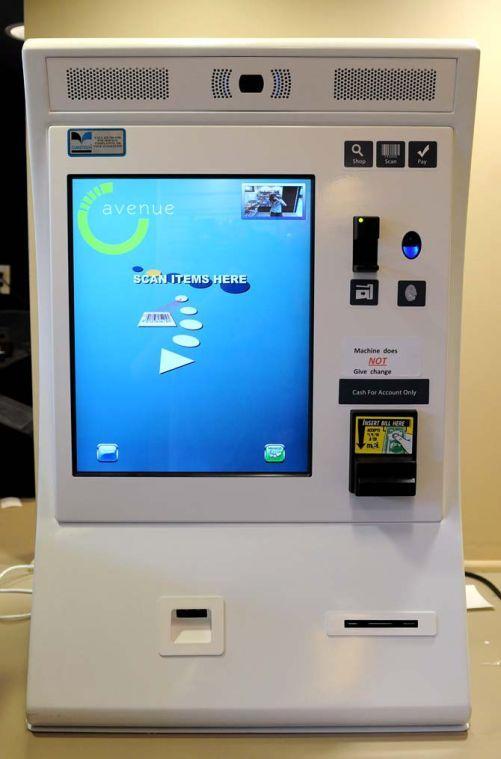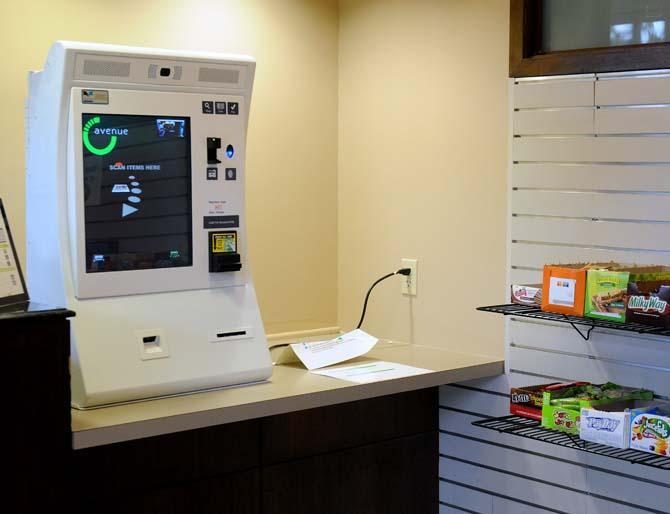Recently a new self-service snack shoppe has been installed at the Student Union, resulting in the loss of a student worker job. This is something students really need to get used to, because it will become worse over time.
Should we limit technological development so not to affect our traditional socio-economic system or harness it and restructure our economy to cope with the needs of people and the need for income?
The biggest cause of long-term unemployment is already technological advancement with mechanization.
According to futurist Thomas Frey, machines will have taken over 2 billion jobs that were previously done by people in 2030. While politicians argue about the creation of 10 or so million jobs, billions of jobs across the world are going to be lost due to a larger job stealer — machines.
We all enjoy the positive effects of technology on the music and movie industry, but there are other industries which a few new technologies are creatively destroying, such as driverless cars, automation, 3D printing and teacher-less classes.
This is a scary notion for a generation of students who are graduating with the assumption that jobs are waiting for them.
Frey predicts that by 2030, coal miners, teachers, trainers, professors, utility company engineers, railroad workers, drivers, clothing and shoe manufacturers, construction producers and workers, inspectors, farmers, fishermen and even soldiers will all become obsolete human professions.
Although most students graduating from LSU might not have an issue finding a job at first, the industries that they enter will depend on a customer base of workers that will lose their jobs due to mechanization.
When you go to McDonald’s and order at the register, do you ever wonder if they could just turn those computers around and let you order yourself?
That isn’t far away. Germany already established first fully automated restaurant in the world a few years ago.
Every time you go out for a Friday night of bar hopping, you probably took money out of an ATM, which has taken away hundreds of thousands of jobs from bank tellers.
And those jobs will never come back, because when a job is lost by technological development, it is lost forever.
Ever since technology has become part of production itself, the fear of machines destroying jobs has been in the minds of workers. Whenever a business automates jobs, the argument is always that it will make products cheaper. Even if that’s true, there are less workers in the work force to buy the products that are now made more cost effective.
This economic shift has happened before on a large scale, but this time there isn’t a sector large enough to absorb the job losses.
In the 1970s, the United States began an overhaul of the economic system by shifting from an industrial-based economy to a service and financially based economy. After 40 years of economic restructuring and tens of millions of manufacturing jobs lost, we have an economy dominated by the service sector and the financial sector. But since the last financial crisis, those jobs aren’t so secure outside of government bailouts.
So when machines take over the service industry, which is inevitable, what plan do politicians and pundits have for the economy?
Job creation will become more and more difficult as technology progresses exponentially. This problem has been recognized by a few profound economists, yet very few reforms have addressed it.
Technology will change this world more quickly than politics or economics. We need to take advantage of this development to make life on earth better.
Economic tradition must not hold us back as we approach this new age of technological development.
Opinion: Technology so great, it’s destroying jobs
October 13, 2013
The new check-out machine for the snack shop stands on display in the Union. This machine replaced the job that a person used to occupy.






